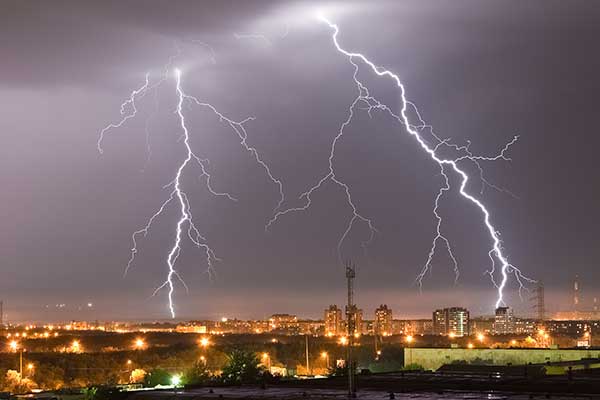Because of the Coronavirus, London Climate Action Week (LCAW) 2020 will take place in two instalments across the year. The first instalment, LCAW Digital, will run from 1 to 3 July. It will convene climate leadership across London to consider climate policy in the wake of Covid-19. The second instalment, London Climate Action Week LCAW 2020, will occur in November during the period originally scheduled for the UN’s COP26. The event will bring together climate leadership from across London to generate and scale-up solutions to the climate emergency.
To mark LCAW Digital, Resilience First will be devoting its monthly newsletter (due on 1 July for members only) to a series of commissioned articles on the green resilient recovery. In addition, Resilience First will be co-organising with the London Climate Change Panel a webinar on 22 September on the climate emergency. Speakers include: with Julia King, Baroness Brown of Cambridge, a member of the Committee on Climate Change; Emma Howard Boyd, Chair of the Environment Agency; and Jason Lowe, Head of Mitigation Advice at the Met Office. See details here. A report on the proceedings will follow in time for LCAW 2020 in November.
In advance of these activities, here is an extract from Resilience First’s last monthly newsletter featuring an article on the effect of a hot summer. Every year since 2004, the government has produced an updated Heatwave Plan for England. This plan aims to raise both public and professional awareness of the health impacts of hot weather, including severe heat. The plan is supported by the ‘Heat-Health Watch’ alert service run by Public Health England (PHE) in collaboration with the UK Met Office. The service describes the four levels of alert in this country.
As Covid-19 amplifies the risks of hot weather, the government released in May 2020 a slide set on actions to prevent harm, with additional actions for this summer. This guidance can be found here. With many more people working from home, staff should be aware of dwellings that are prone to overheating such as south-facing, top-floor flats. According to the guidance, one in five homes in England are prone to overheating, with few (1-3%) having air conditioning. Local air pollution may exacerbate the health impacts of heat. It’s a sobering thought that there are around 2,000 heat-related deaths per year in the UK to add to the Covid-19 toll.
For further reading, please visit our Knowledge Hub.



